AARP Hearing Center


November 22, 1963, really ate me up. A month after the assassination — and I first revealed this in my 2022 book, My Travels with Mrs. Kennedy — I tried to drown myself in the ocean in Palm Beach, Florida. I was up to my neck, fully clothed, when a police officer pulled me back to shore.
I stayed with Mrs. Kennedy for another year and returned to the White House, rising through the ranks of the service under Presidents Johnson, Nixon and Ford. But I was struggling. One question always haunted me: Could I have done something to save President Kennedy?
I suffered from a variety of health conditions, and in 1975, I failed a physical exam at Bethesda Naval Hospital. The Secret Service retired me that summer. I was only 43 at the time.
I owned some property in North Dakota and flew out to work the land, but when I returned home to Virginia, I just wasn’t functioning. I became very depressed. I started drinking Scotch, and I smoked heavily. One morning when I was 50, I woke up, reached over for a cigarette and thought, Why are you doing this? I stopped cold turkey and soon decided to stop drinking too.
In 2009, a former fellow Secret Service agent who was writing a book wanted me to meet the journalist helping him. When Lisa McCubbin and I met, it was the first time since I’d spoken with the Warren Commission that I’d talked about the events of that fateful day. It had been all bottled up inside. The more I opened up, the better and lighter I felt. Lisa and I ended up writing four books together. We got to know each other very well, and she and I got married in late 2021.
My friends keep saying the same thing: “Clint, you’re a different man than you were in the 1970s and ’80s.” That’s because I believed back then that you could just push away your problems by putting your shoulder to the grindstone. Nobody talked about PTSD. There was no counseling for guys like me. Now when I talk to groups or meet people struggling with trauma, I tell them to find somebody they can talk to. It could be a friend, their spouse, a priest, a rabbi, a minister, a schoolteacher, a therapist. No matter how old you are, talking about it will help.

































































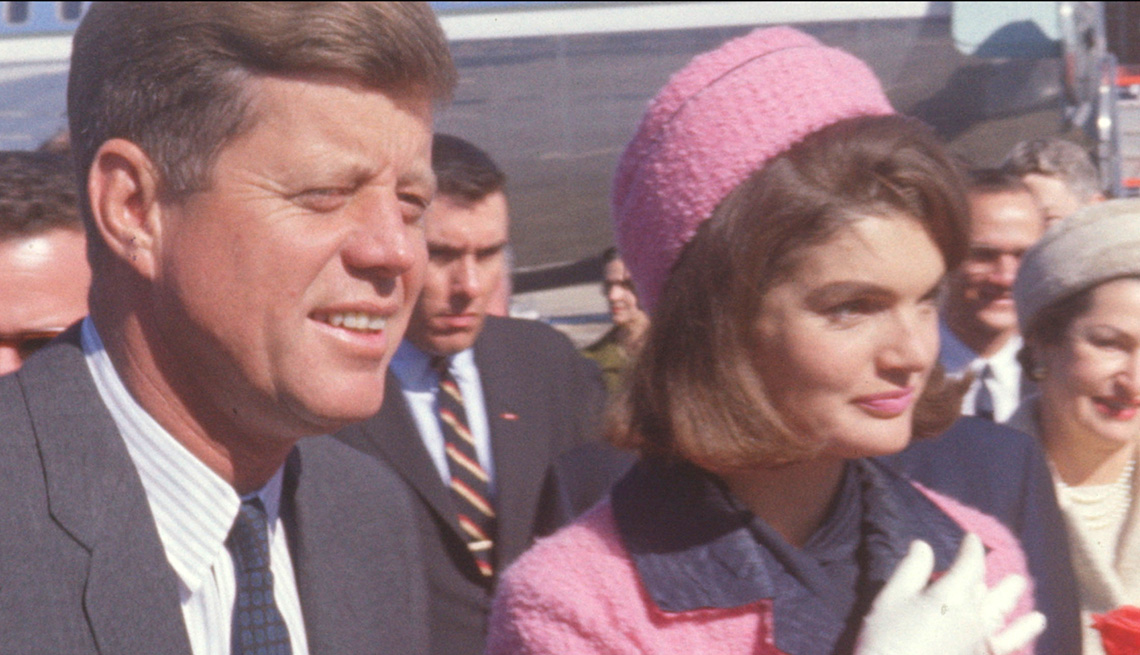
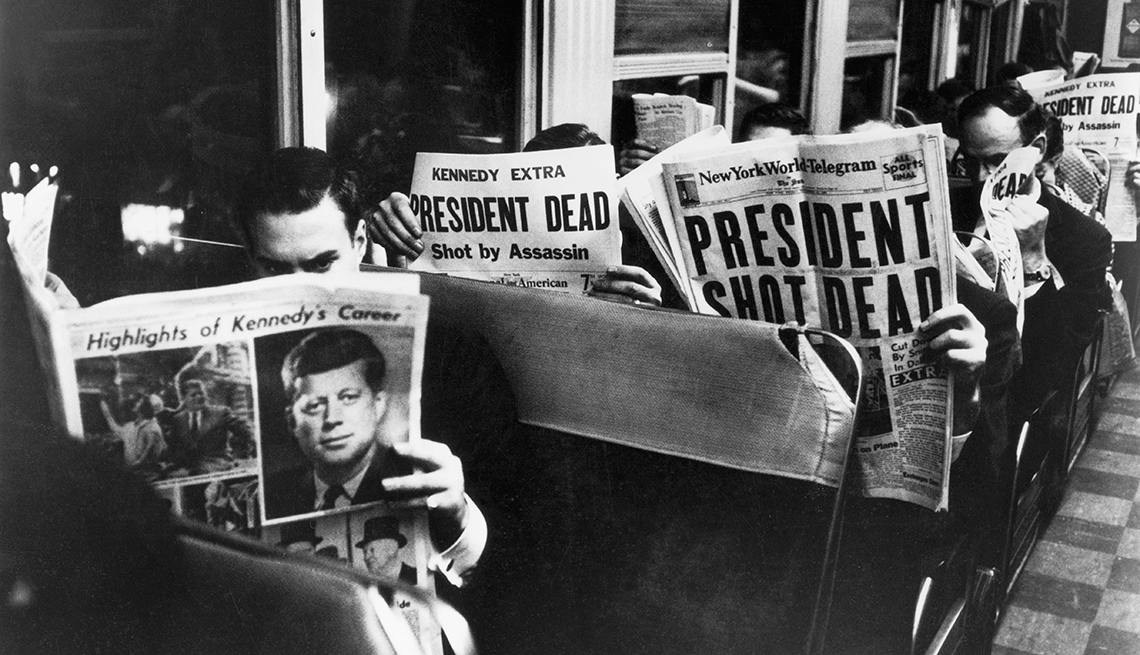
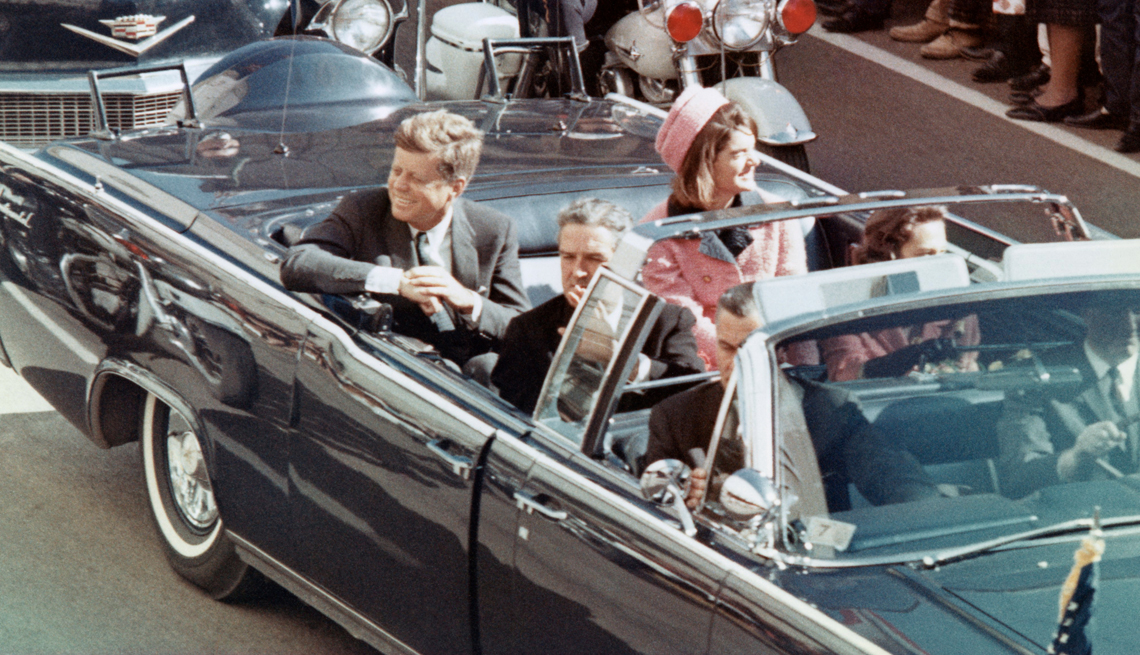
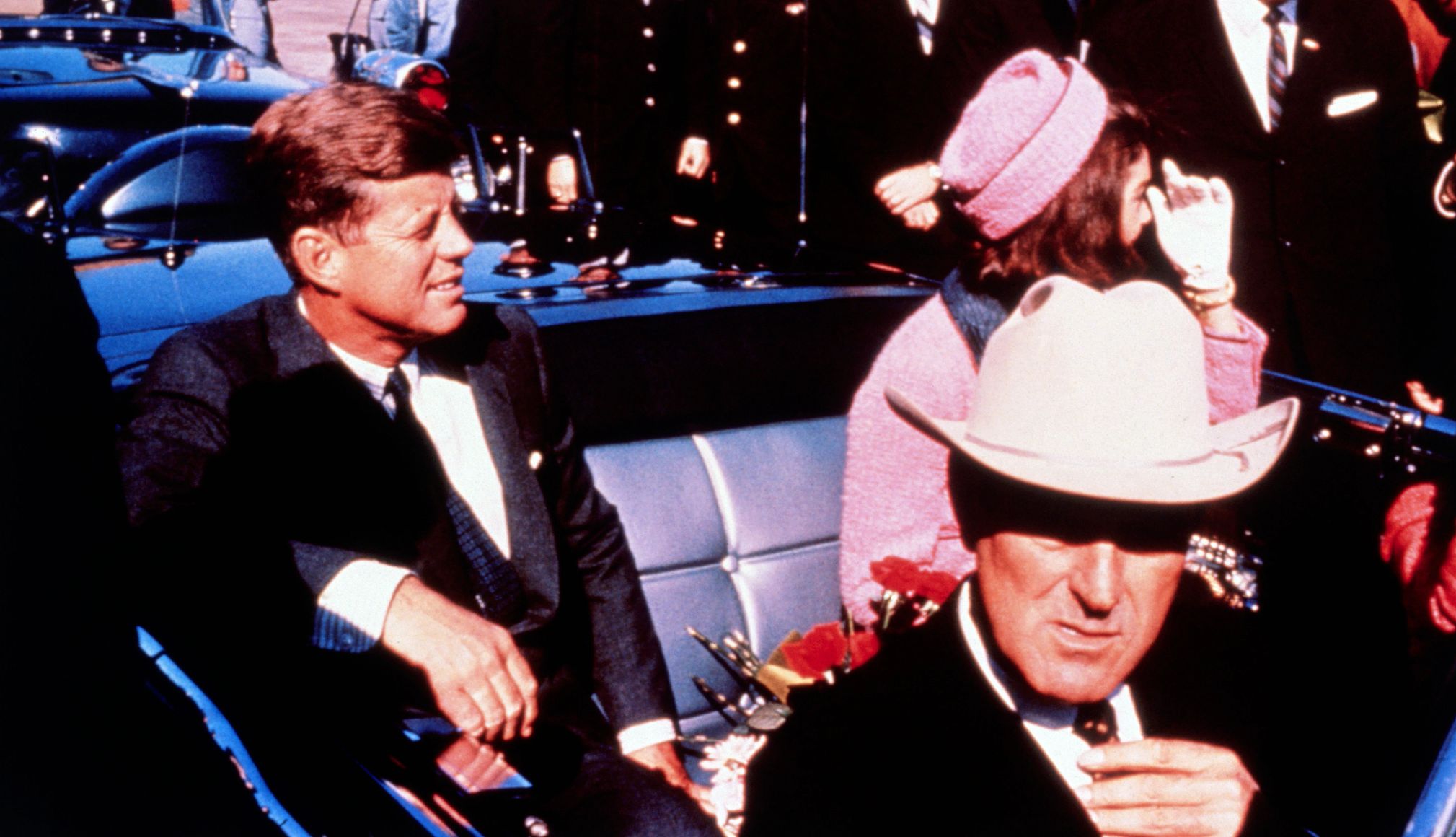
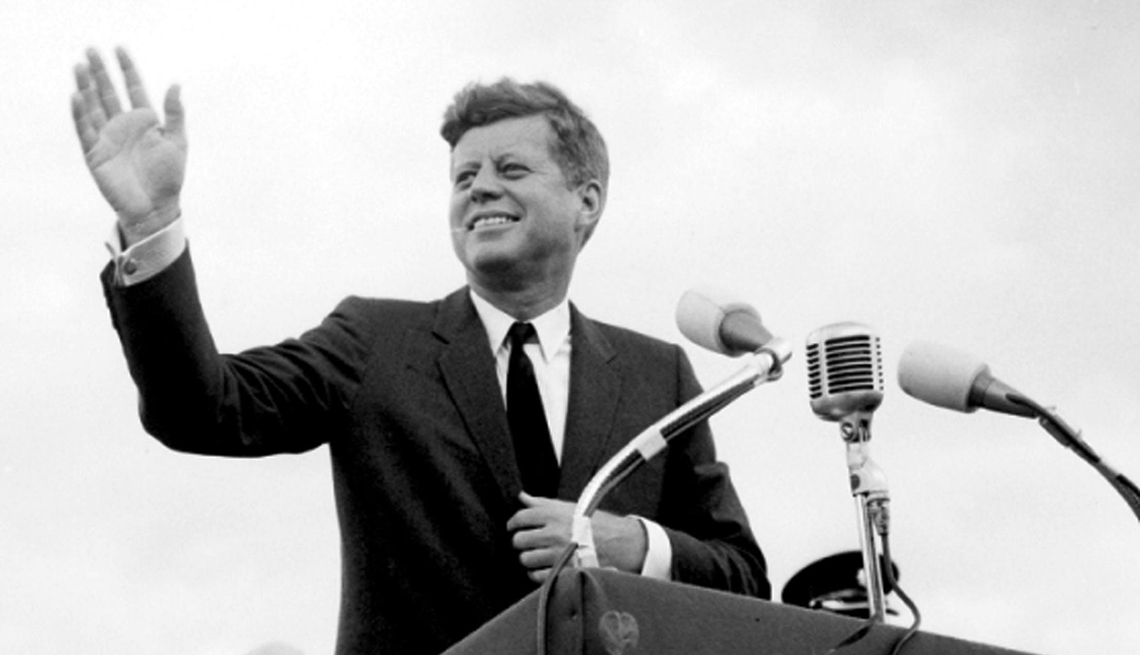
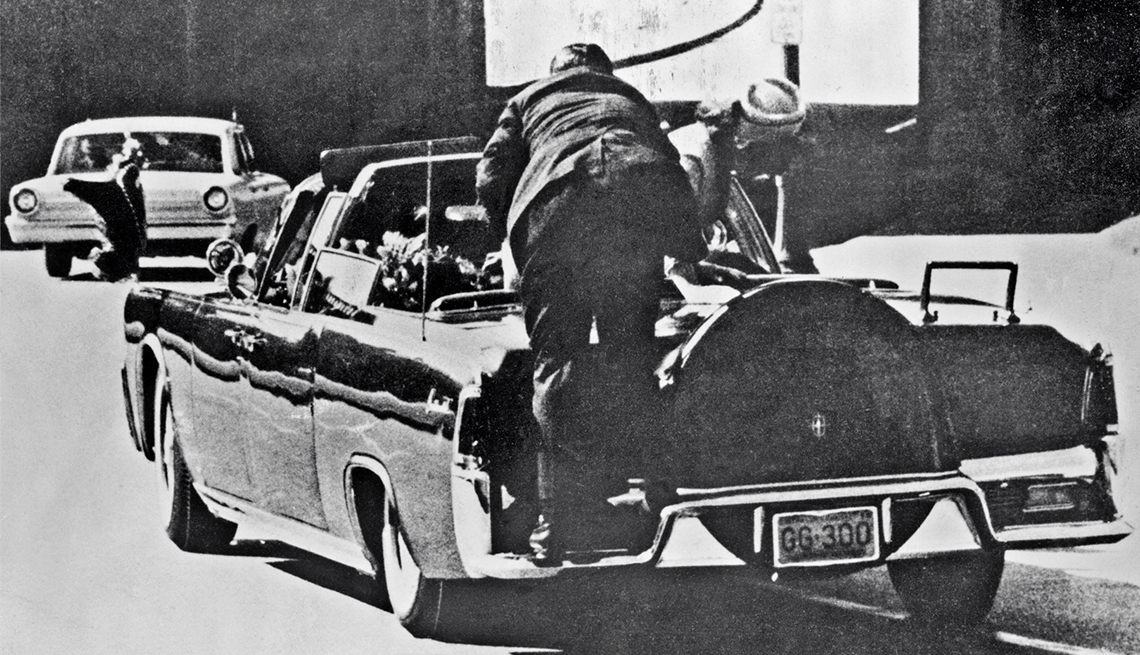
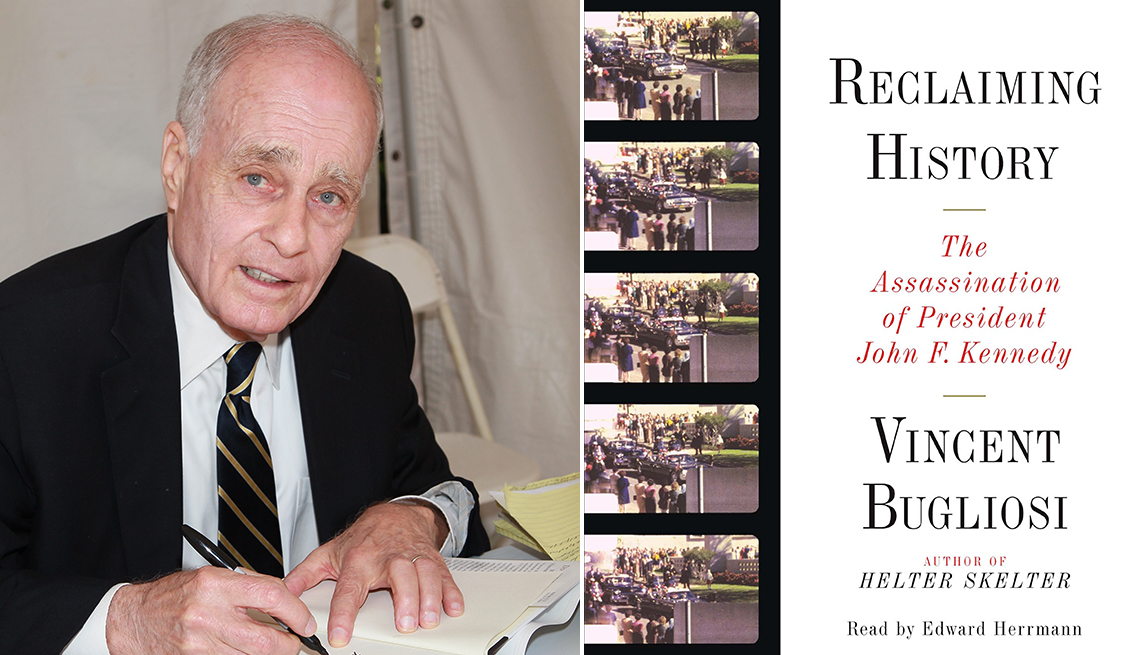
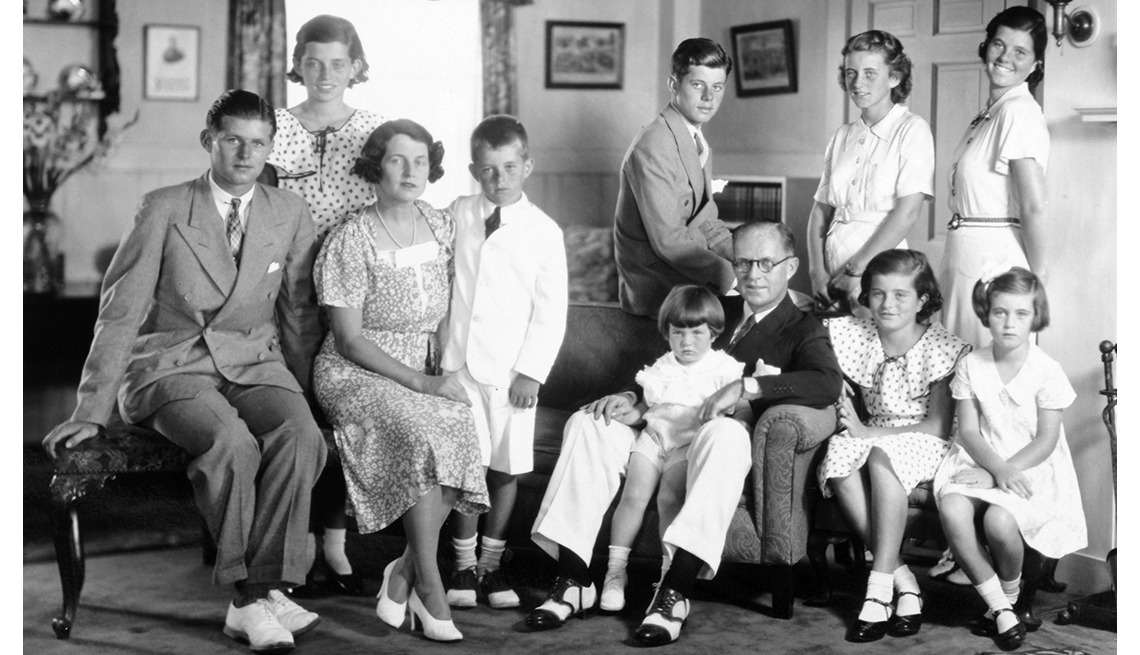
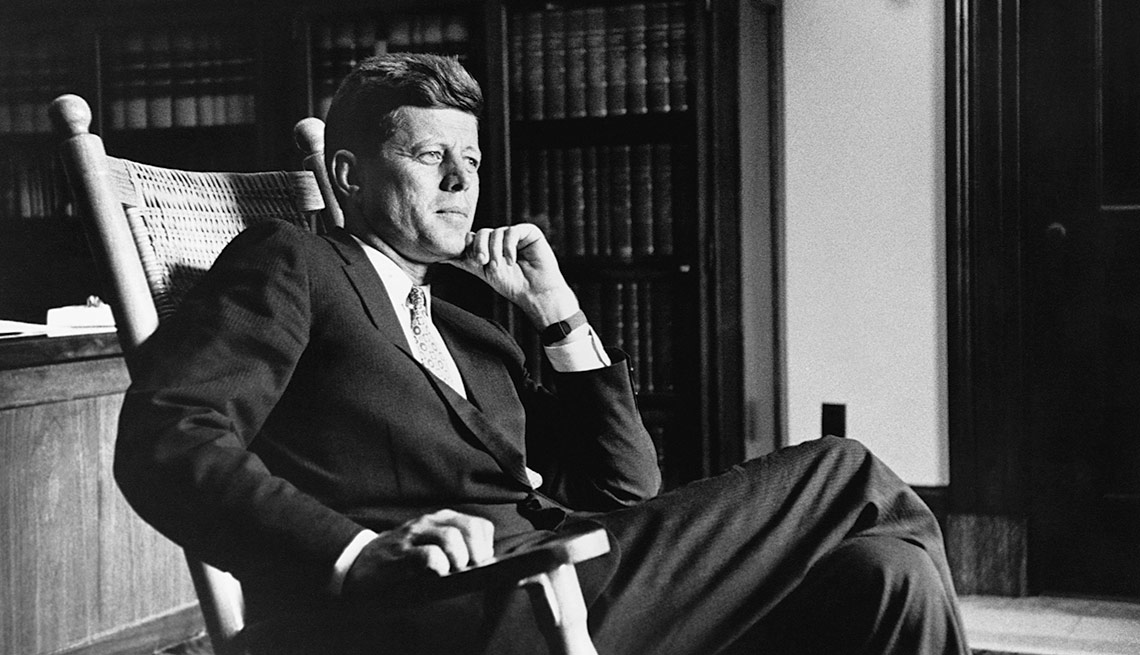
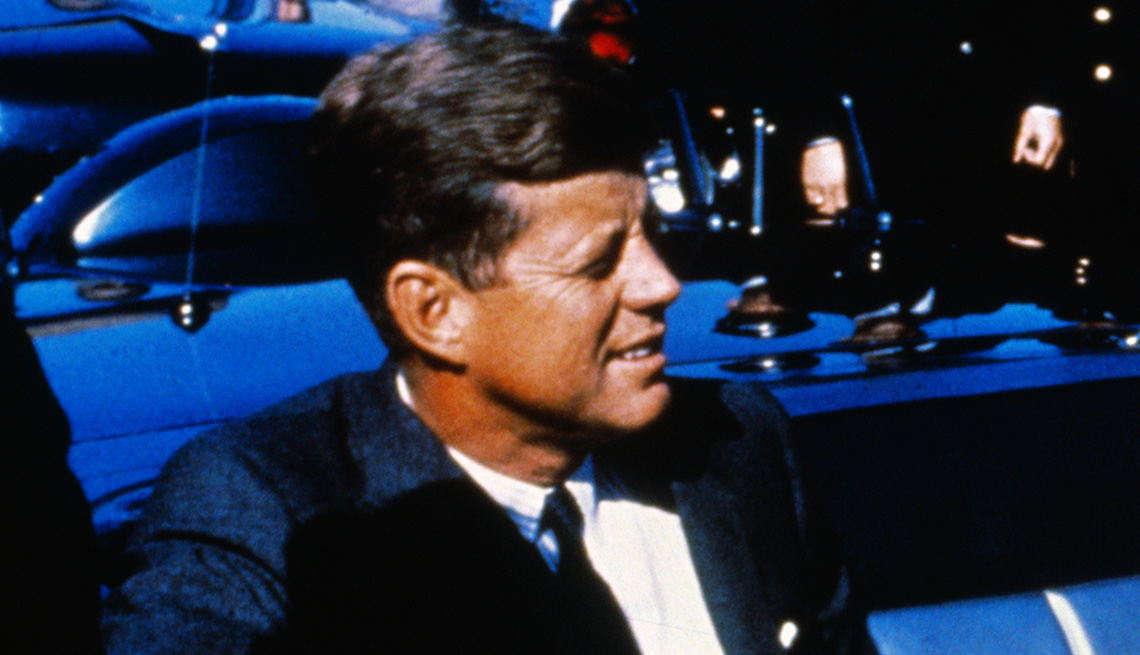
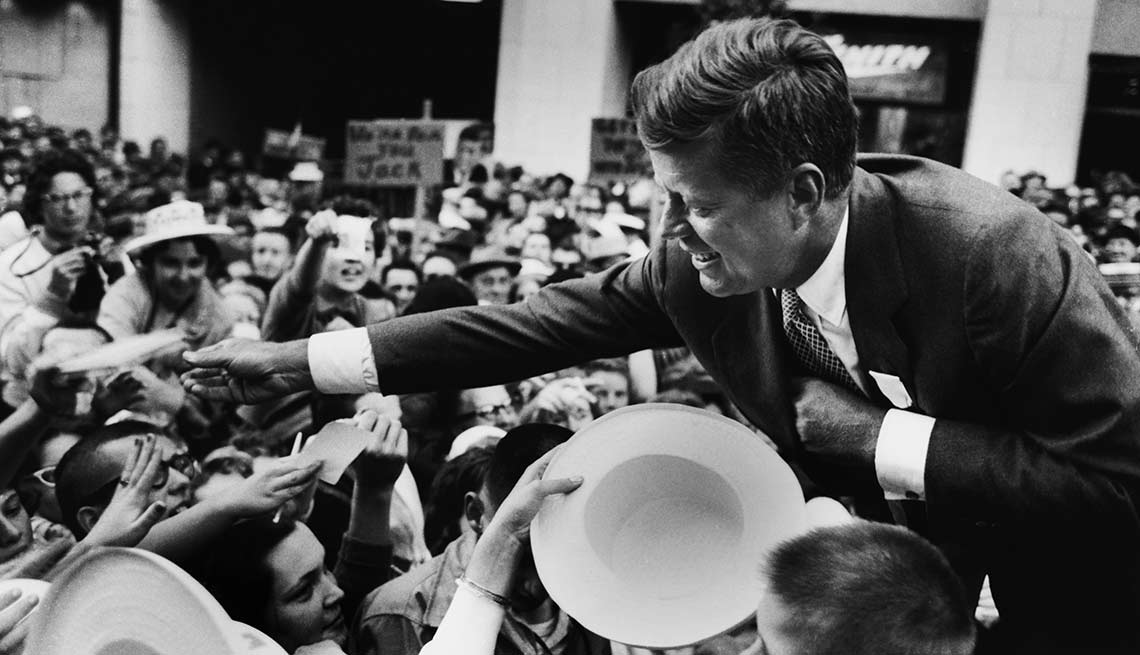
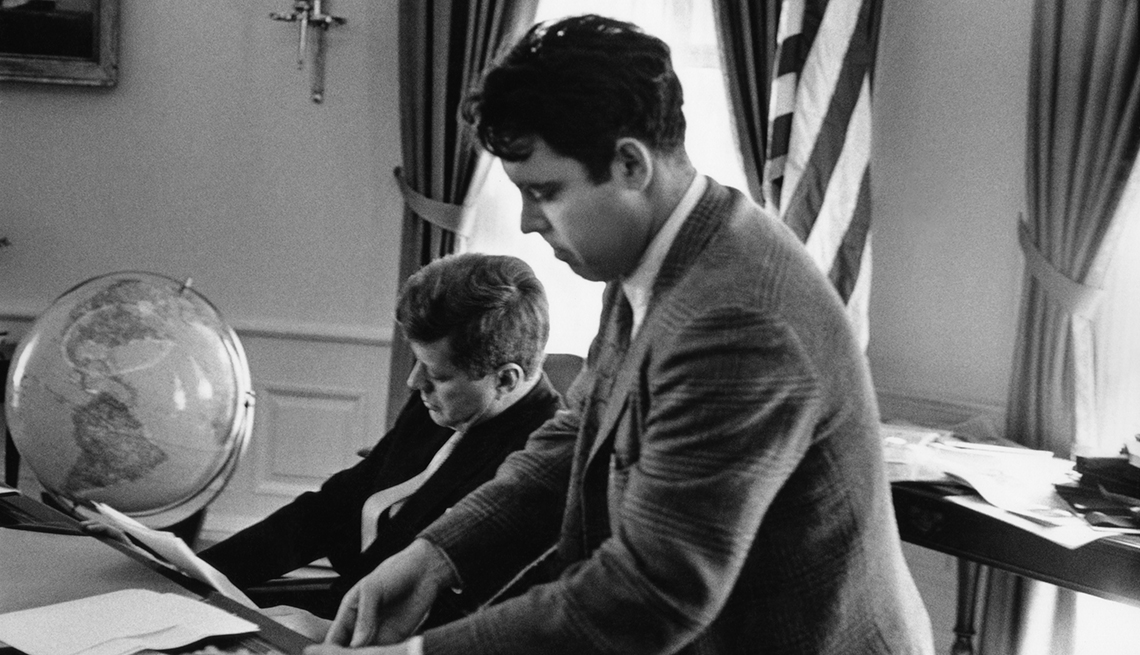




More From AARP
Why We Still Love JFK
Sixty years after his assassination, John F. Kennedy remains the most popular president in modern historyElection 1960: JFK on the Campaign Trail
At age 43, John F. Kennedy became the youngest elected president, the only Catholic and the first born in the 20th century
The Day President Kennedy Was Shot
Bob Schieffer recalls reporting on JFK's assassination — and giving Lee Harvey Oswald's mother a ride